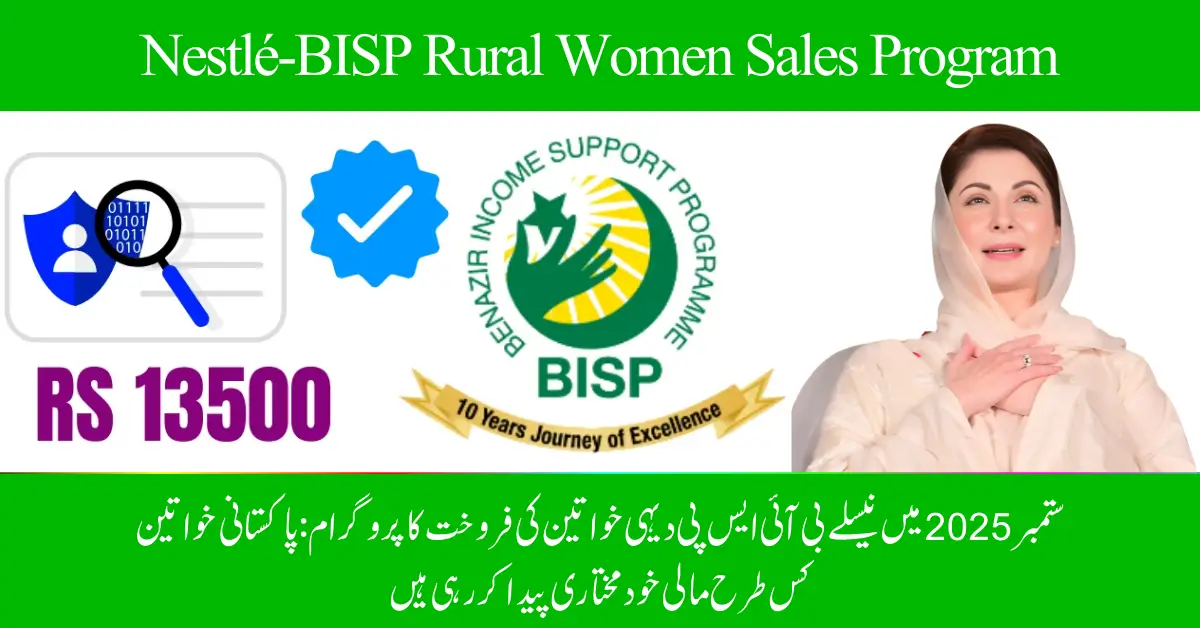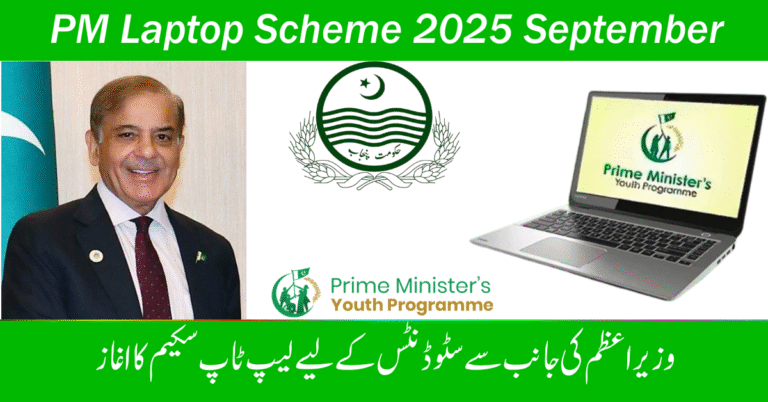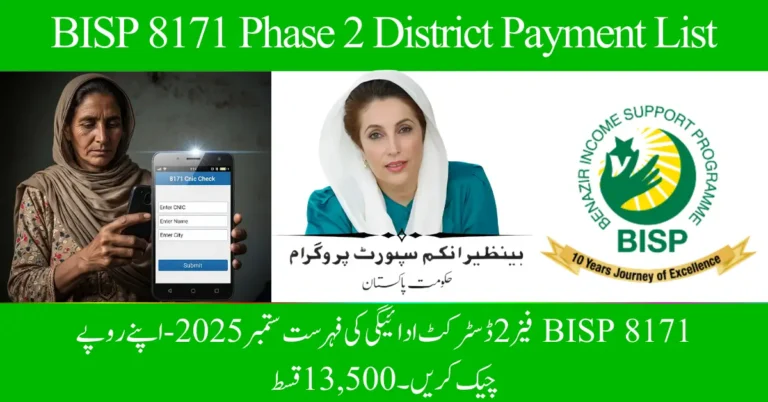Nestlé-BISP Rural Women Sales Program in September 2025: How Pakistani Women Are Building Financial Independence
The Nestlé-BISP Rural Women Sales Program has become a major step in empowering women across Pakistan. In September 2025, this initiative will provide rural women with sustainable income opportunities, training, and confidence to actively participate in the economy. By combining the efforts of Nestlé Pakistan and the Benazir Income Support Program (BISP), thousands of women are now gaining a chance to uplift their families financially.
پاکستان کی دیہی خواتین طویل عرصے سے معاشی مشکلات کا شکار رہی ہیں، مگر بی آئی ایس پی اور نیسلے کے اس مشترکہ پروگرام نے ان کے لیے روزگار کے نئے دروازے کھول دیے ہیں۔ اب خواتین نہ صرف اپنے گھروں کی کفالت کر رہی ہیں بلکہ مقامی معیشت میں بھی اپنا بھرپور کردار ادا کر رہی ہیں۔
Background of the Program
The partnership between Nestlé Pakistan and BISP started with the goal of offering rural women alternative sources of income. The program provides women with sales training, product knowledge, and financial guidance so they can become micro-entrepreneurs in their local communities.
By September 2025, the program has already expanded to multiple districts of Punjab, Sindh, and Khyber Pakhtunkhwa, directly benefiting thousands of families. Women trained under this scheme sell Nestlé products in their local areas, generating income while also learning entrepreneurial skills.
Objectives of Nestlé-BISP Rural Women Sales Program
Promoting Financial Independence
The main purpose is to ensure women gain financial independence and no longer remain fully dependent on male household members.
Creating Employment Opportunities
Rural women often have limited access to jobs. This program helps create employment opportunities within their own villages.
Building Confidence and Skills
Through structured training sessions, women develop business skills, communication skills, and confidence to run small-scale businesses successfully.
Achievements in September 2025
Expansion of Training Centers
By this month, several new training centers have been launched across Pakistan, ensuring more women get direct access to professional support.
Increased Sales Force
The number of women participating in the Nestlé-BISP program has grown significantly. Many of them have now become community leaders and role models for others.
Boost to Local Economy
Every rupee earned by these women contributes back to the local economy, improving livelihoods and encouraging rural development.
How Women Benefit from the Program
- Income Generation – Women earn by selling everyday food and nutrition products.
- Skill Development – Training on sales, bookkeeping, and customer handling.
- Networking Opportunities – Women interact with peers and build support systems.
- Improved Family Support – Their income helps in children’s education, healthcare, and household expenses.
Challenges Faced
Despite its success, the program still faces some challenges:
- Limited mobility for rural women due to cultural barriers.
- Lack of transportation and infrastructure in some remote areas.
- Need for continuous training and mentorship to keep progress sustainable.
Nestlé and BISP are working together to overcome these challenges through policy support, community awareness, and improved logistics.
Future Plans for 2025 and Beyond
Looking ahead, Nestlé and BISP plan to expand the program to more rural districts, particularly in Balochistan and Gilgit-Baltistan. They also aim to:
- Introduce digital training modules for women.
- Provide access to microfinance loans for scaling their businesses.
- Launch awareness campaigns to involve more families in supporting female entrepreneurs.
Conclusion
The Nestlé-BISP Rural Women Sales Program in September 2025 is not just an initiative but a movement of empowerment. By giving women a chance to earn, learn, and lead, this collaboration is reshaping the socio-economic fabric of Pakistan. With continued expansion and support, it has the potential to transform thousands more lives, making rural women an integral part of the country’s economic future.











